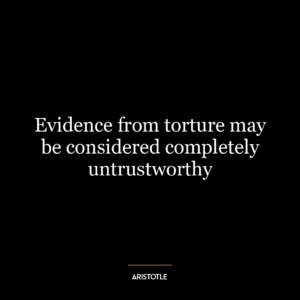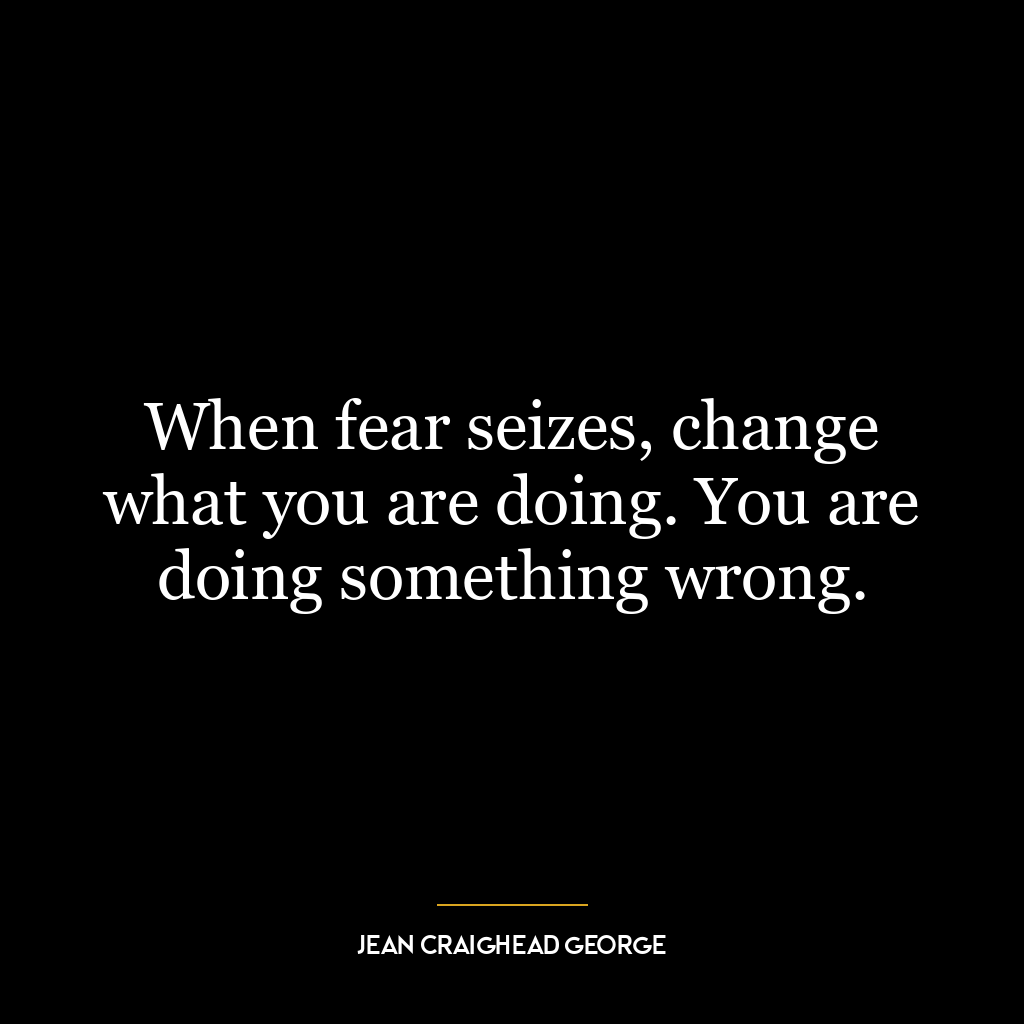“Courage is a mean with regard to fear and confidence” essentially suggests that courage is a balance between fear and confidence. It doesn’t mean the absence of fear, nor does it imply reckless overconfidence. Instead, it’s about having the right amount of fear and confidence in any given situation.
Fear, in this context, is about recognizing the potential dangers or risks in a situation. It’s about understanding the consequences of our actions and the possible outcomes. It’s a necessary emotion that keeps us grounded and cautious. On the other hand, confidence is about believing in our abilities to handle these dangers or risks. It’s about having faith in our skills and capabilities to navigate through the challenges.
However, too much fear can paralyze us and prevent us from taking action. It can make us overly cautious, hesitant, and indecisive. Similarly, too much confidence can make us reckless, rash, and overbearing. It can blind us to the potential dangers and risks, leading us to make unwise decisions.
Therefore, courage is about finding that sweet spot between fear and confidence. It’s about having enough fear to understand the risks but also having enough confidence to take action despite these risks. It’s about being able to face our fears and challenges with a calm and steady mind, making wise and thoughtful decisions.
In today’s world, this idea is more relevant than ever. We live in a fast-paced, ever-changing world where we constantly face new challenges and uncertainties. Whether it’s dealing with the pressures at work, navigating through complex social issues, or facing personal struggles, we need courage to face these challenges head-on.
In personal development, this idea can be applied in various ways. For instance, when trying to develop a new skill or achieve a goal, we might face fears and doubts. We might fear failure, rejection, or criticism. But instead of letting these fears hold us back, we can use them to understand the potential pitfalls and prepare ourselves accordingly. At the same time, we need to have confidence in our abilities to learn, grow, and improve. We need to believe that we can overcome these challenges and achieve our goals.
In conclusion, courage is not about being fearless or overconfident. It’s about finding the right balance between fear and confidence. It’s about facing our fears with a calm and steady mind, making wise decisions, and taking action despite the risks. It’s a valuable trait that can help us navigate through the challenges and uncertainties of life.















